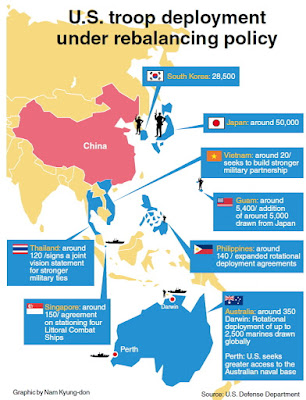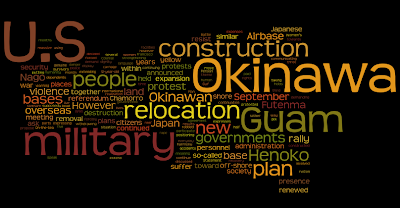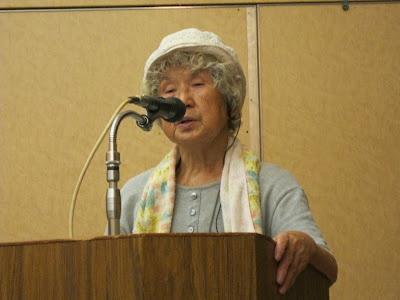ARC and Me

Each March, UOG organizes an Annual Research Conference or ARC. This year is the 39th year there has been a conference such as this. I presented at this conference as an undergraduate student, a graduate student and now I present at it regularly as a professor. For this year's ARC, I am participating in a couple different panels and presentations, most of which are connected to Guam's decolonization or its current political status. Here are the abstracts for two of the sessions to which I am most looking forward: ************************** A Decolonial Analysis of Guam’s Media Landscape The role of media in a society is not simply to report stories and investigate events, but to promote values and norms, usually on behalf of dominant classes or institutions. In a colonial context, such as that of Guam, these roles gain a colonial dimension, as both institutions and individuals will often be compelled to defend and naturalize the colonial status


